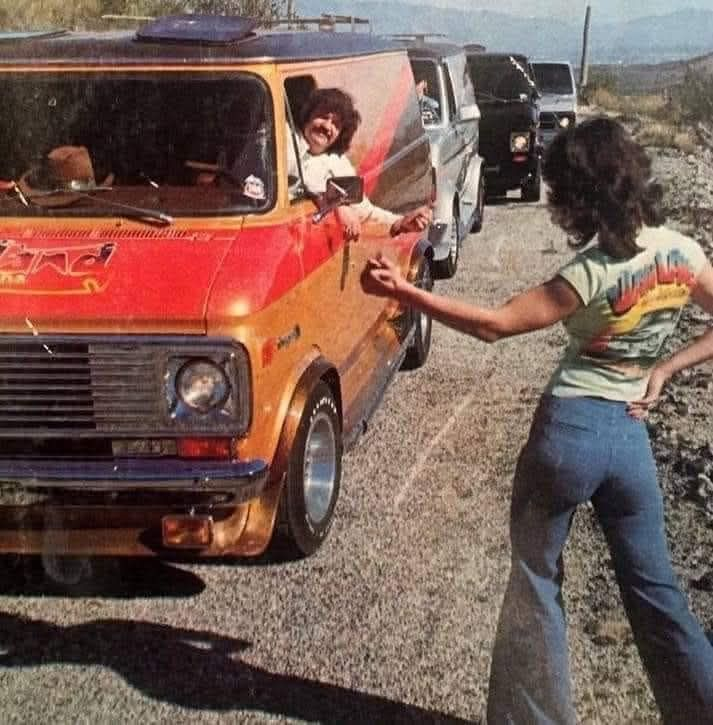Let’s step into a world where just being born in a certain year could tilt the scales in your favor. This is the story of those born in 1949, and how certain strands of history, culture, and timing aligned to give them a unique run at life.
A war draft they never had to face
If you were born in 1949, you had one major advantage: you came of age after the heaviest years of military conscription. Wars had shaped so many lives in the decades before. But for this generation, the draft pressure had eased. They didn’t live under the constant shadow of the draft board. They didn’t carry the fear that knocking on the door could yield a summons to fight. That freedom — even if taken for granted — shaped their psyche.
Twenty and in the summer of ’69: timing was everything
By the summer of 1969, someone born in 1949 was turning twenty — just in time to ride some of the most iconic cultural waves in modern American history. The “Summer of Love” had lingered in spirit. Woodstock loomed large in the public imagination. Music, activism, experimentation — the air crackled with possibility.
And in that moment, an image emerges: someone climbing into a car, perhaps a Plymouth Roadrunner (or a comparable muscle car of the era), and picking up a hitchhiker heading to Woodstock. Two strangers on a journey, bonded by generational optimism and a sense that life was still wide open.
That hitchhiker — she’s not just a random companion. She’s escaping small-town isolation, drawn to something bigger. You’re her only link to the world beyond her town, and suddenly, within hours or days, you fall in love. You bring her home. Marry her. Start building a life.

Land, jobs, and chance — the building blocks of a “good life”
This generation had advantages many younger people today might struggle to truly feel: jobs were more accessible. Even with no experience, you could walk into a place and get trained on the job. You could make enough to live, learn, and invest. You could imagine buying 10 acres of land — perhaps paying less than one year’s income for it. You could rent it out, or use it — watch it appreciate quietly while you worked elsewhere.
Over time, many in this cohort collected assets — real estate, boats, cars — things they may or may not have actively used. They built a life with enough margin that, by the time retirement arrived, they could sit at home watching their collections accumulate value, or simply enjoy leisure.
Once in a while, a retired neighbor or grandparent might lean back and say, “Kids today don’t understand what it was like. They don’t know about hard work or pulling themselves up by the bootstraps.” And maybe they’re right — at least in the sense that the environment those younger people are growing up in is wildly different.
Why this matters now
At first glance, the story of someone born in 1949 sounds like a brag about good luck. But look deeper — it’s insight into how history, policy, culture, and economics converge to create unequal footing. That generation got access — to land, to employment, to societal stability — in ways that generations following them might only remember with longing.
We live in a time where opportunity seems fragmented, rights are under debate, and the idea of “just beginning work and owning land” feels more daunting than ever. Yet in the story of those born in 1949 lies a message: context matters. The choices you make, the risks you take — they’re all framed by when and where you start in life.
So the next time you hear someone say “kids these days don’t appreciate hard work,” pause. Ask: do they even see the same playing field? Because perhaps the playing field itself has changed — dramatically.
And maybe — just maybe — remembering what life felt like when the roof was higher, the walls thinner, and the horizon broader can help us better understand how to rebuild pathways forward.